Caregivers include anyone who is caring for someone who is sick, elderly or disabled. There are paid caregivers and there are unpaid caregivers.
Caregivers face daily stress and possible burnout. I’m going to share with you facts about caregiving and tips to prevent caregiver burnout.
The Facts About Caregivers
About 1 in 4 adults over the age of 18 in the U.S. are unpaid caregivers.
That means at least 25% of the adult population are having to take on tasks such as bathing, dressing, helping someone use the bathroom, preparing meals, housekeeping, transportation to appointments, and shopping. These are just some of the tasks they have to provide to a friend, child or loved one. They are doing these things for FREE!
6 out of 10 caregivers report working while caregiving for someone.
Not only are they having to provide all of the tasks listed above to someone, but at least 60% of caregivers are doing this while they work! They may have a full time job or a part time job.
1 out of 10 caregivers have had to completely give up their full time jobs so that they could become a full time caregiver.
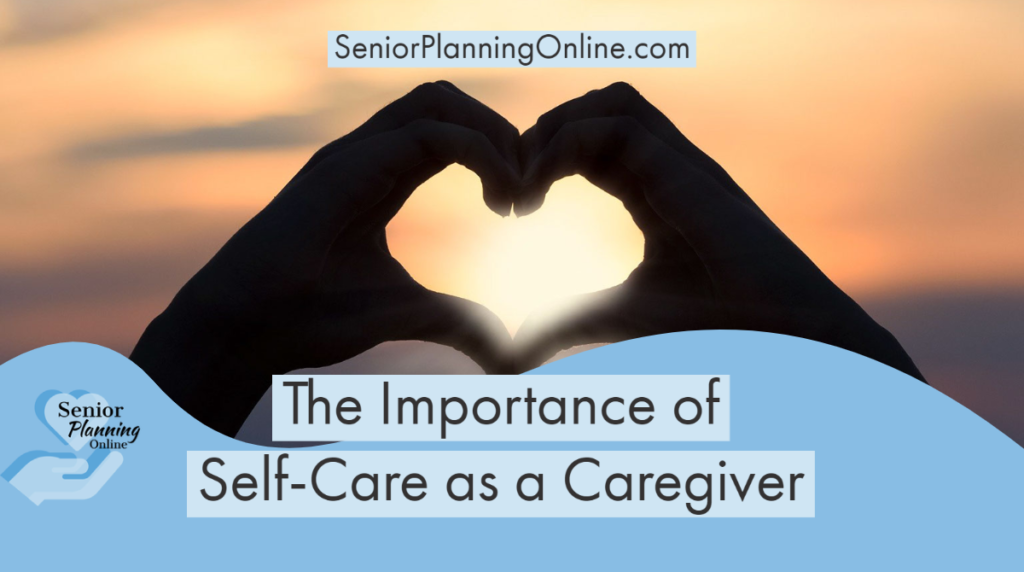
The Importance of Self-care as a Caregiver
I work with caregivers who are spouses, adult children, friends, and parents of loved ones they are caring for. I can see how overwhelmed they feel, how exhausted and defeated they feel. And I worry that if they don’t start taking the front seat instead of the back seat, they will deteriorate faster than the ones they are caring for.
If you are a caregiver, it is vital that you take care of yourself. Your emotional and physical health is important. If you are stressed, especially chronically, it affects your health.
If you are a caregiver either full time or part time, you have probably experienced caregiver stress or even caregiver burnout. You can take our “Caregiver Burnout Quiz” to find out if you have burnout or stress. And check out our post on “5 Warning Signs of Caregiver Burnout” to learn the difference between stress and burnout and what signs to look for.
Think about this, if you are sick or injured, how will that be helpful for the person you are caring for? You won’t be able to provide good quality care.
I also want you to think about whether you would allow a paid caregiver who is sick or injured to come into the home and care for your loved one. Why should you be any different? You are more important than the paid caregiver, you are unpaid!
Caring for yourself is not a bad thing, it is not something you should feel guilty about. Why?
Because if you are not healthy, it negatively impacts the person you are caring for.
It’s important that you find ways to prevent burnout and manage stress. It is possible, but you need to allow it, you need to put aside any guilt you might feel and take care of yourself.
Here are some tips I often provide caregivers on how they can manage their stress and prevent caregiver burnout.
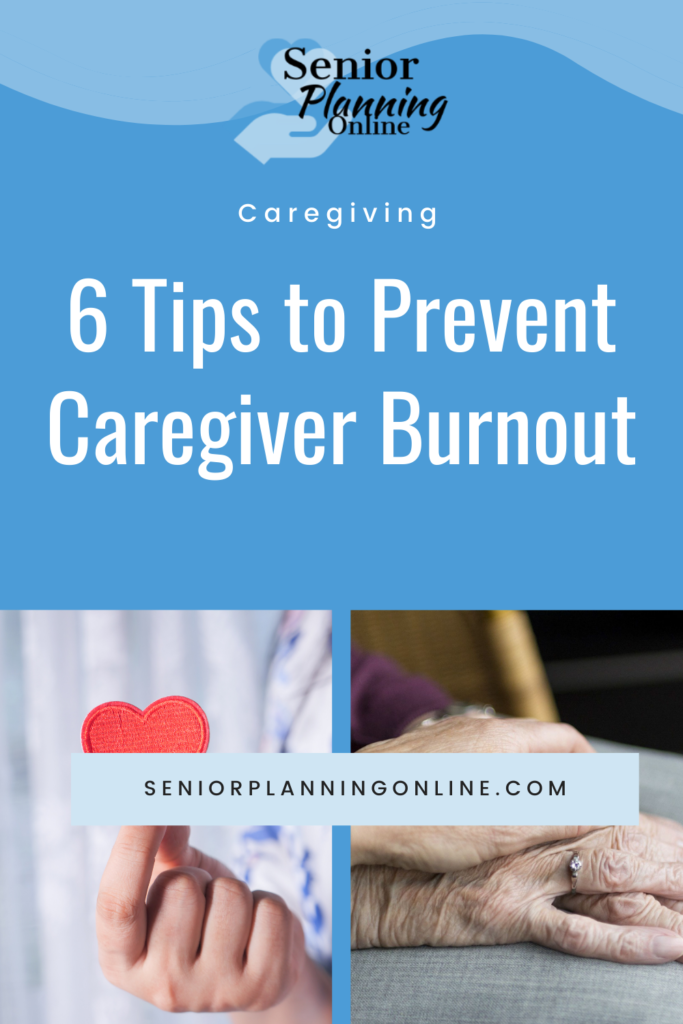
6 Tips to Prevent Caregiver Burnout
This post contains affiliate links of which I may receive a small commission if you buy one of these products at no additional cost to you. Please see my Privacy Policy and Terms of Use for details.
1. Acknowledge Yourself
It’s important that you acknowledge all of the hard work you have put in.
It’s not selfish to recognize yourself and to tell yourself that you have done an amazing job. Because YOU HAVE done an amazing job!
Experiencing stress is normal. Caregiving is hard and it doesn’t matter how much you love the person you are caring for. It’s still hard.
Acknowledge all of the work you have done, all of the hours you have put in to someone else.
Acknowledge all of the physical labor you have had to do, all of the sleepless nights, and all of the emotions you have felt through this process. Not everyone can do what you have done so far.
2. Practicing Mindfulness
Mindfulness is a great technique used to decrease anxiety and stress. It is a technique used that can help ground you.
Mindfulness is a type of meditation that you can use at any time. You don’t need to be in a yoga session or in a quiet place with your legs crossed doing “ohms”.
It’s a simple technique to help you focus on the present moment and awareness of your thoughts and feelings. When you are aware of what your feelings are, you can better control them.
Having a feeling of self-control when we cannot control our surroundings can be powerful. You can find more information about Mindfulness at any of these websites below.
There is also a great app that I use on my phone called Headspace. It’s free and there is a paid version too, but it guides you through 2 minute, 5 minute, 10 minute or more sessions depending on what works for you.
Websites and Apps
Meditation and Sleep Made Simple – Headspace
Getting Started with Mindfulness – Mindful
Mindfulness Exercises & Free Meditations | Mindfulness Exercises
Books
3. Find Ways to Spend Time Alone
If you have kids, you know that alone time is far and few between. However it’s vital to your mental health and physical health.
If you can just spend 5-10 minutes a day alone, doing something for yourself, it will help your stress levels. If it means locking yourself in the bathroom for a bath of your own, or reading a magazine, do it!
The small moments are so important. It can help you reset. Schedule it into your day if you can. Make sure it’s time only for yourself.
No need to feel guilty, if you do not take care of yourself how will you take care of someone else?
4. Reach Out for Help
When you are feeling stressed and overwhelmed, it’s important to allow others in.
Reach out for help. Talk to friends, family members or healthcare professionals. Let them know about your stress and let them help. I guarantee you, they WANT to help! Your friends and family love you, they want to make sure you are ok.
Healthcare professionals got into this profession to help, let them. They can direct you to resources and support systems you may not have been aware of. There are caregiver support groups in your community or even online. Check out support groups on Facebook, Reddit or through the Alzheimer’s Association.
You were not meant to do this alone. Human beings were not meant to be isolated and do everything themselves. We were meant to connect with others and to help each other.
Here are a few resources and support services to consider:
Alzheimer’s & Dementia Community | Alzheimer’s Association
Respite Care: Respite Locator (archrespite.org)
Area Agencies on Aging – check out local chapters of agencies that provide resources for the elderly and disabled
Medicaid
Adult Day Care Programs: Find a Center – NADSA: adult day services
5. Take Care of Your Physical Health
Your physical health is vital. You matter, your health matters.
Have you ever been on an airplane? The flight attendant reviews the safety procedures. They tell you that if the cabin of the plane loses air pressure, an oxygen mask will be released for you to use.
They emphasize that you should put on your own oxygen mask BEFORE helping others.
Why? Because you will be useless for helping others if you run out of oxygen and die. Taking care of yourself is NOT selfish.
In fact, if you want to truly care for someone and give the best care, you have to be healthy. Healthy mentally and healthy physically.
Taking care of your health includes eating healthy, getting enough sleep, drinking enough water, exercising and scheduling regular doctor appointments and follow-up.
Please make sure you take care of your health!
6. Be Kind to Yourself
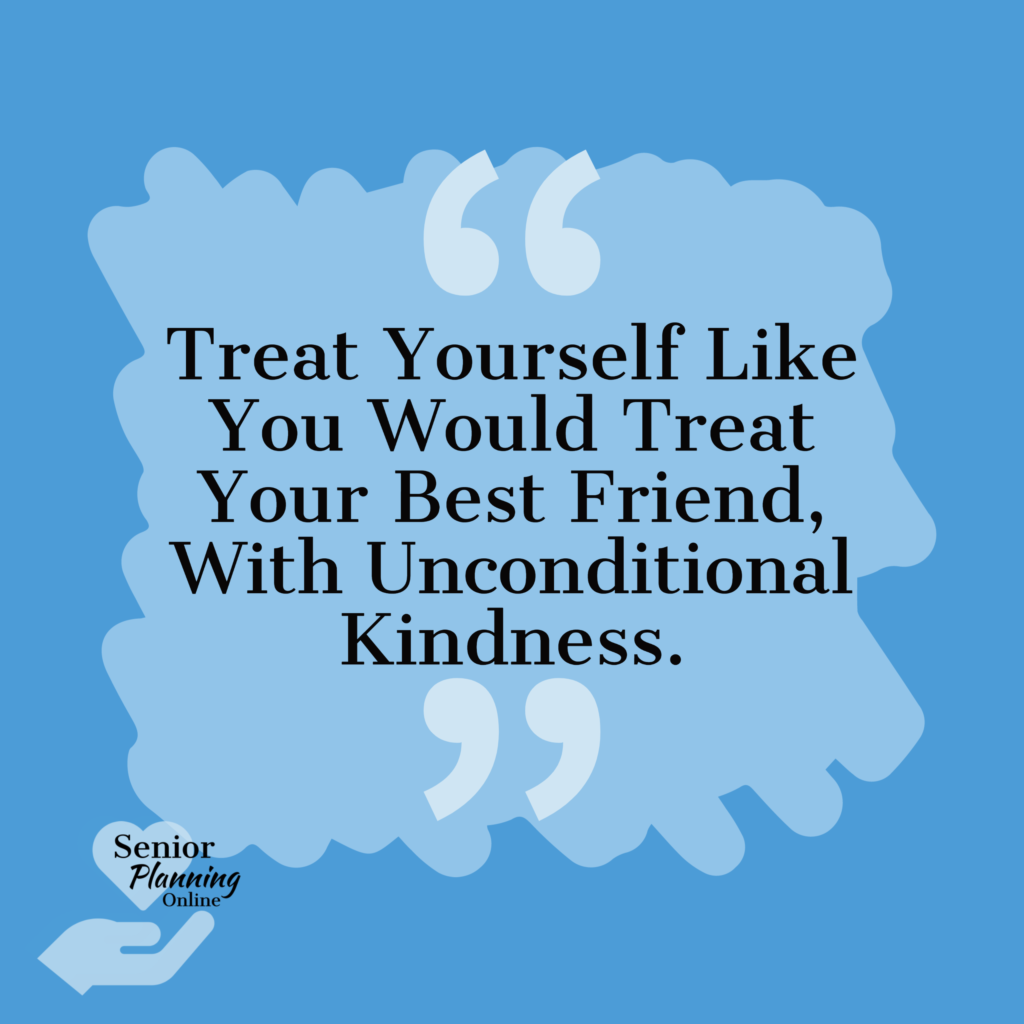
We have such high expectations for ourselves. We hold ourselves to standards that we don’t hold others to or to standards no one expects us to.
When we don’t meet our own expectations or standards, we beat ourselves up for it.
If you didn’t get the house cleaned today because you spent all day helping the person you are caring for, it’s ok! If you were only able to make a peanut butter and jelly sandwich for the person you are caring for, instead of a hot meal, that’s ok!
You are only one person, and you are doing a lot. You are doing more than we were ever meant to do alone. Please don’t beat yourself up, please be kind to yourself. You are doing the best you can, and it’s amazing!
Treat yourself like you would treat your best friend, with unconditional kindness.
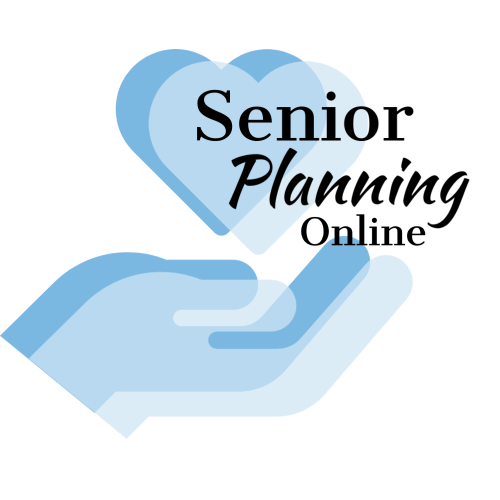
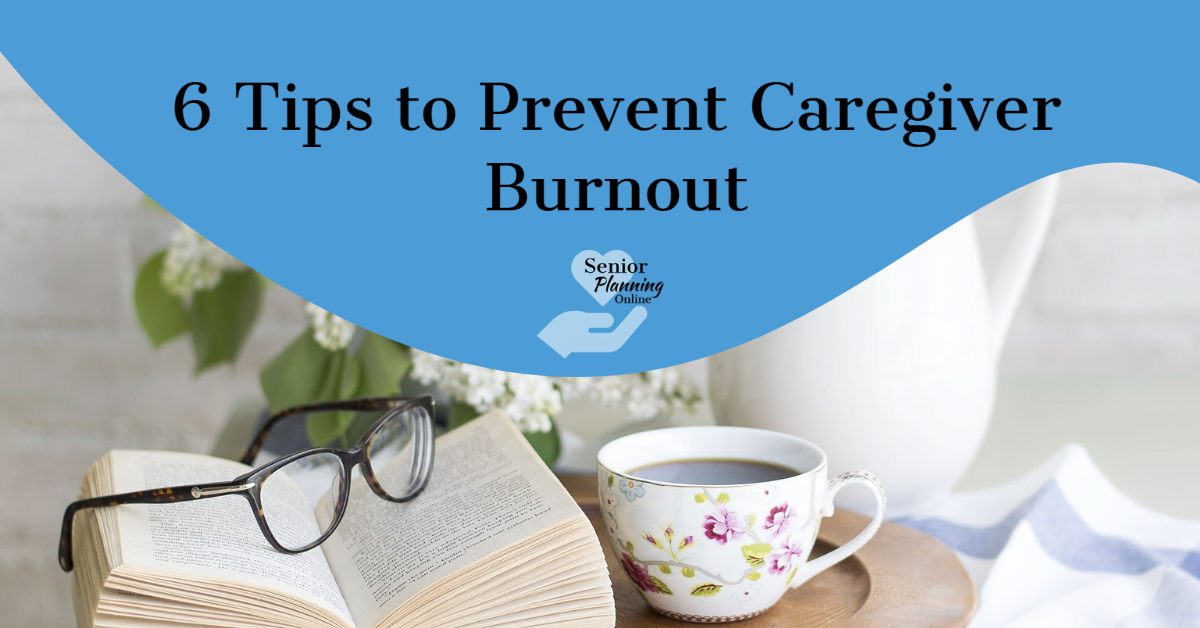
7 Responses
As a senior caregiver these tips are extremely important. Taking care of yourself and reaching out when you need help, as well as finding ways to relax are vital to creating an environment that is healthy to both you and the person in your care. Great article!
Thank you for your comment. It sounds like you understand the importance of self care and it’s impact on the person being cared for. Hope you have found ways to care for yourself. 🙂
With our aging parents and population, taking care of the caregivers is so important. And, not losing yourself in the process is the only way to stay strong and keep going. Self-care and me-time are both absolutely necessary as a caregiver. Great reminders and tips.
Wonderful tips for senior citizens. Keep up the good work.
Some really great reminders in here.
It is a very well and thought out post!
I totally resonate with this! Not in the same situation but as a caregiver for my daughter with special needs! It definitely takes a lot out of you! Thank you for sharing this!
I didn’t know so much about Care giving. This is really helpful